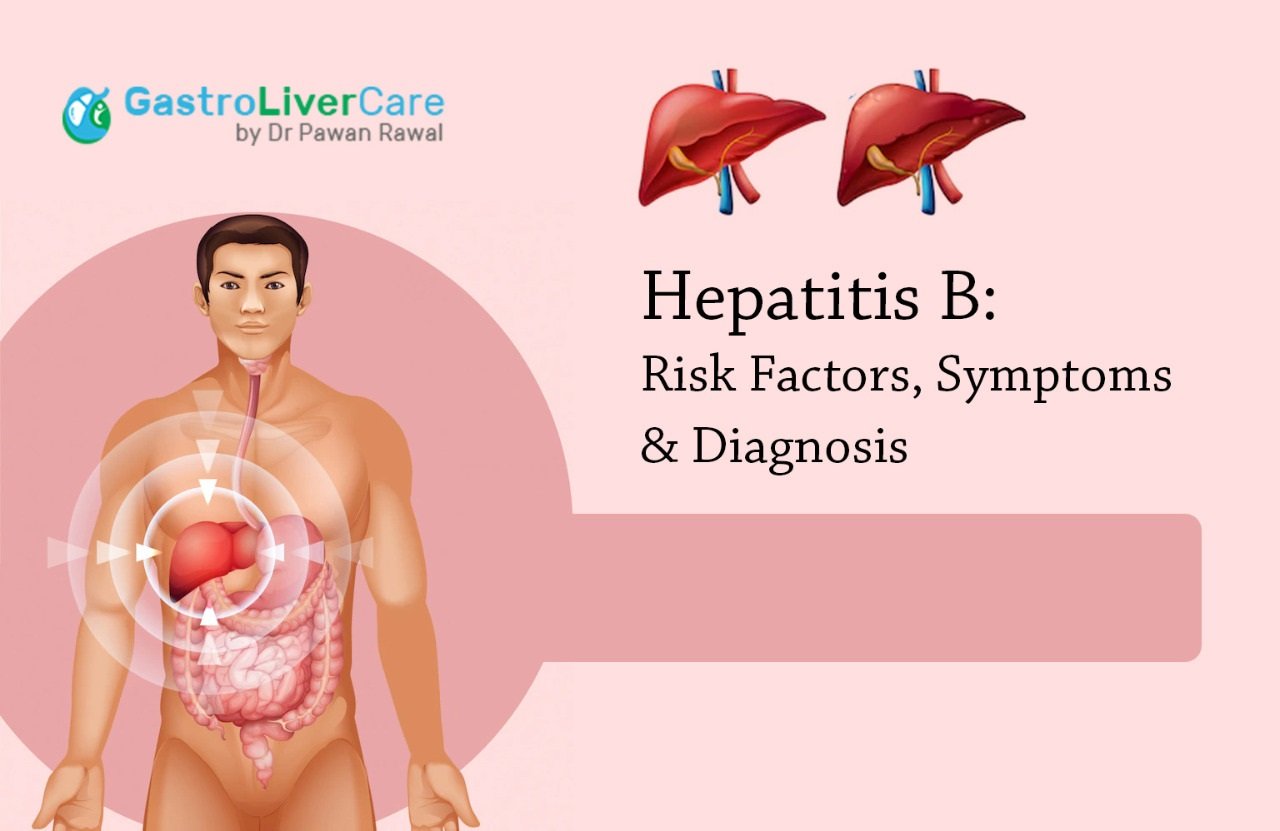Hepatitis B is a severe infection of the liver. It is due to a virus. Vaccines protect against it. For some individuals, it is mild and short-lived. These “acute” conditions are not usually treatable.
However, it may develop chronic but this can lead to organ scarring, liver failure, cancer, and even death.
It is transmitted through contact with an infected person’s blood, open wounds, or body fluids.
Hepatitis B Symptoms
Acute serum hepatitis infection does not usually result in symptoms. For instance, it is uncommon for infected children younger than 5 to exhibit symptoms.
If you are experiencing symptoms, they may include:
- Jaundice (Your skin or eye whites become yellow, and your urine becomes brown or orange.)
- Fever
- Chronic fatigue persisting for weeks or months
- gastrointestinal issues such as appetite loss, discomfort, and vomiting
- stomach discomfort
- Light-colored feces
- Joint ache
Symptoms may not appear until one to six months after contracting a virus. It is possible to feel nothing. About one-third of those who have this disease do not have it. The only way to determine this is through a blood test.
Prolonged (long-term) hepatitis B disease symptoms are not always present. If they occur, the symptoms may resemble those of an acute infection.
Risk Factors and Causes
It is triggered by the hepatitis B virus and can spread between people in a variety of ways. You can transmit the serum hepatitis virus even if you are not ill.
These are the most prevalent causes:
Sex: Blood, saliva, sperm, or vaginal secretions of your partner can infect you if you engage in unprotected sex with a person who has the disease.
Sharing syringes: The virus is easily transmitted by contaminated needles and syringes containing infected blood.
Accidental stab wounds: It can be contracted by anyone who comes into touch with human blood, including medical personnel.
Mother to child: During childbirth, pregnant women with hepatitis B can transmit the virus to their infants. However, there is a vaccine to protect babies against infection.
It is not transmitted through kissing, food or drink, shared utensils, coughing, or touching.
Diagnosis
If your doctor suspects you may have it, they will perform a thorough physical examination. They will examine your blood for signs of liver inflammation. If you have signs of serum hepatitis and high liver enzyme values, you will be examined for:
Antibody and surface antigen for Hepatitis B (HBsAg). Antigens are hepatitis B viral proteins. Antibodies are proteins produced by the immune system.
They are detectable in the blood between one and ten weeks following exposure. If you heal, they will disappear in four to six months. If the symptoms persist for six months, your illness is chronic.
Hepatitis B surface immunoglobulin (anti-HBs). These arise after HBsAg has disappeared.
These antibodies confer lifelong immunity to hepatitis B. If your disease becomes severe, your Gastroenterologist doctor may perform a liver biopsy to get a tissue sample. This will indicate the severity of your condition. You may also have a liver ultrasound to determine the extent of liver damage.
In conclusion, Hepatitis B is a serious viral infection affecting the liver. Preventable with vaccines, it can lead to chronic liver disease if left untreated. Timely diagnosis and medical intervention are crucial. While acute cases may resolve on their own, chronic Hepatitis B requires ongoing monitoring and, in some cases, antiviral treatment. Public awareness, vaccination, and early detection play vital roles in curbing the spread and impact of this disease.






